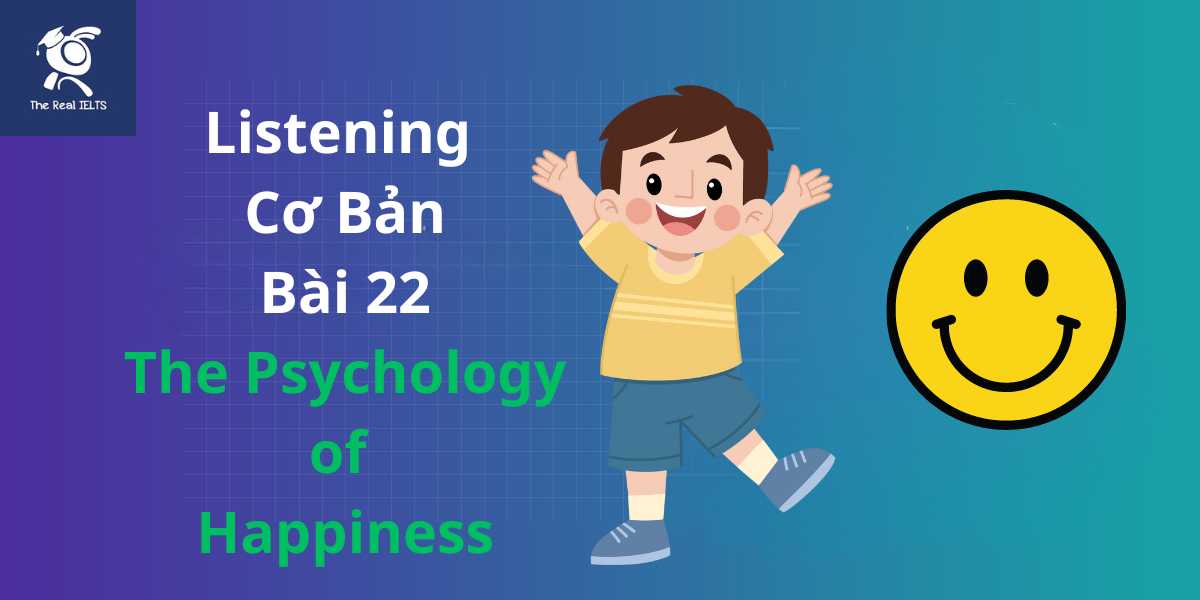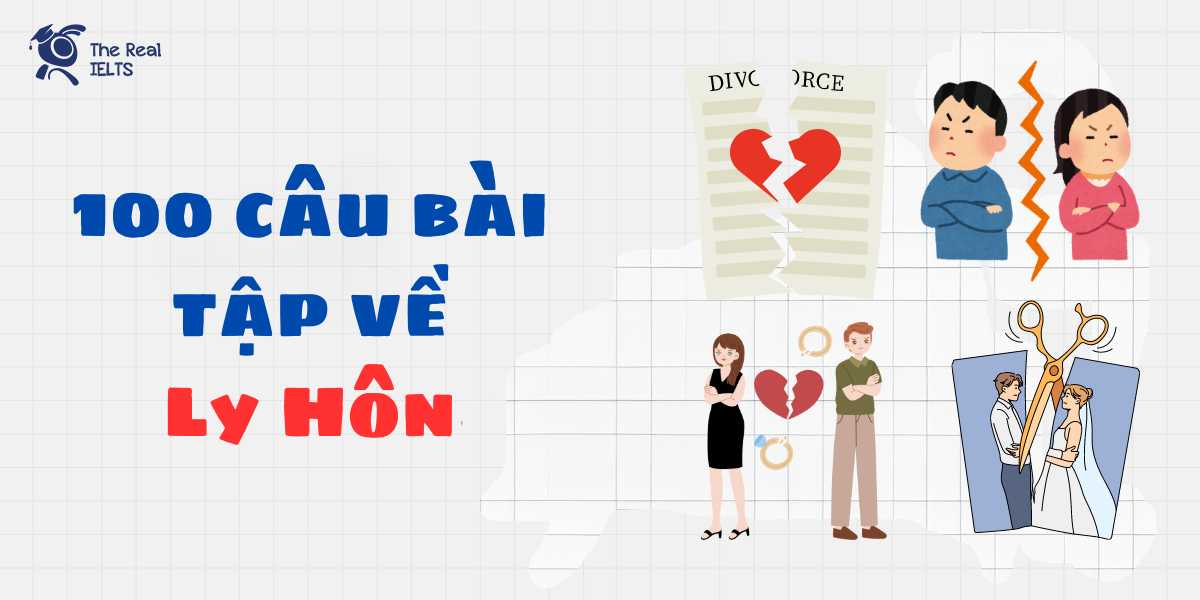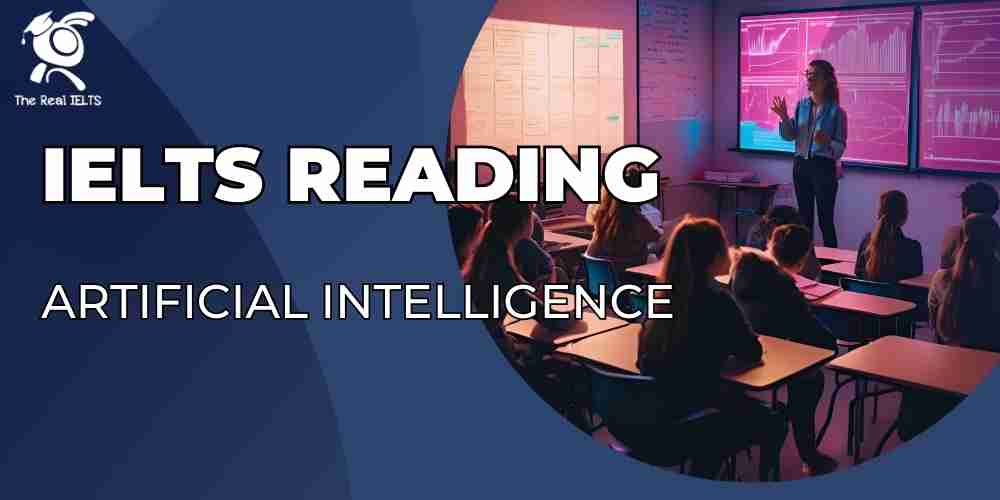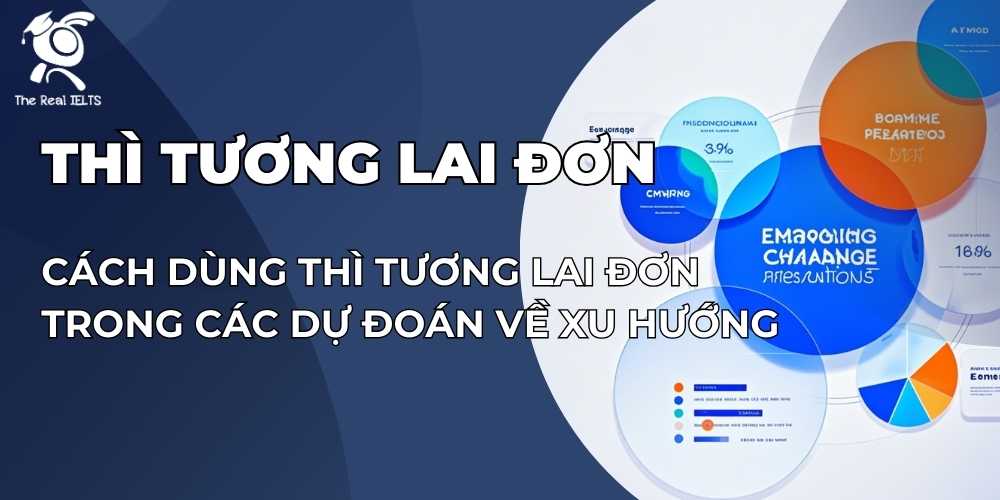Bài Listening Tâm lý học về Hạnh Phúc là chủ đề lần đầu được soạn bài tập. Sau đây là bài Listening trong bài viết này. Các bạn hãy nghe đi nghe lại để luyện tập.
Bài Listening
Questions
Section 1: Questions 1-10
- What is the topic of Dr. Stevenson’s lecture that Anna and Mark are discussing?
- What aspect of happiness does Anna mention as being important in Dr. Stevenson’s lecture?
- What does Dr. Stevenson recommend writing down every day?
- According to Anna, what role do social connections play in happiness?
- What activities does Dr. Stevenson emphasize for improving happiness?
Section 2: Questions 11-20
- According to Dr. Stevenson, what are some benefits of practicing gratitude?
- How can people cultivate gratitude in their daily lives?
- What role do social connections play in human happiness according to Dr. Stevenson?
- How does physical activity contribute to happiness?
- What are the benefits of mindfulness and meditation practices?
- What is the overall message of Dr. Stevenson’s lecture?
Answer
Section 1: Questions 1-10
- What is the topic of Dr. Stevenson’s lecture that Anna and Mark are discussing?
- The psychology of happiness
- What aspect of happiness does Anna mention as being important in Dr. Stevenson’s lecture?
- The importance of gratitude
- What does Dr. Stevenson recommend writing down every day?
- Three things you are grateful for
- According to Anna, what role do social connections play in happiness?
- Strong relationships are crucial for happiness and spending quality time with friends and family can have a profound impact on well-being.
- What activities does Dr. Stevenson emphasize for improving happiness?
- Regular physical activity and mindfulness practices like meditation
Section 2: Questions 11-20
- According to Dr. Stevenson, what are some benefits of practicing gratitude?
- More positive emotions, feeling more alive, better sleep, and stronger immune systems
- How can people cultivate gratitude in their daily lives?
- By keeping a gratitude journal and writing down things they are thankful for each day
- What role do social connections play in human happiness according to Dr. Stevenson?
- They greatly enhance mood and overall life satisfaction
- How does physical activity contribute to happiness?
- It keeps the body healthy and boosts mental health by releasing endorphins, which are natural mood lifters
- What are the benefits of mindfulness and meditation practices?
- Managing stress and promoting a positive mindset
- What is the overall message of Dr. Stevenson’s lecture?
- A combination of gratitude, strong social connections, regular physical activity, and mindfulness can significantly enhance happiness and improve overall well-being.
Audio Script
Section 1
Narrator: You will hear a conversation between two friends, Anna and Mark, who are discussing an upcoming lecture on the psychology of happiness. First, you have some time to look at questions 1 to 10.
(Pause 30 seconds)
Anna: Hey Mark, are you going to Dr. Stevenson’s lecture on the psychology of happiness tomorrow?
Mark: I was thinking about it, but I’m not sure. Do you know what it’s about?
Anna: Yes, I attended one of his talks last year. He covers various aspects of what makes people happy, including psychological theories and real-life applications.
Mark: Sounds interesting. What did you find most useful from his previous lecture?
Anna: Well, he talked about the importance of gratitude and how practicing gratitude can significantly boost our happiness levels.
Mark: Gratitude, huh? I’ve heard that keeping a gratitude journal can be quite effective. Did he mention anything about that?
Anna: Yes, he did! He actually recommended writing down three things you are grateful for every day. It helps to shift focus from negative to positive aspects of life.
Mark: That’s a great tip. What else did he discuss?
Anna: He also emphasized the role of social connections. According to his research, strong relationships are crucial for happiness. Spending quality time with friends and family can have a profound impact on our well-being.
Mark: I guess that makes sense. Whenever I feel down, hanging out with friends always lifts my spirits.
Anna: Exactly. And he didn’t stop there. He also talked about the benefits of regular physical activity and mindfulness practices like meditation.
Mark: Wow, it sounds like a comprehensive approach to happiness. I’m definitely going to the lecture now.
Anna: You won’t regret it. Dr. Stevenson has a way of making complex psychological concepts easy to understand and apply in daily life.
Mark: Thanks for the info, Anna. See you at the lecture!
(Pause 30 seconds)
Now you have some time to look at questions 11 to 20.
(Pause 30 seconds)
Section 2
Narrator: You will hear part of a lecture on the psychology of happiness. First, you have some time to look at questions 11 to 20.
(Pause 30 seconds)
Dr. Stevenson: Good evening everyone. Today, we are going to delve into the fascinating field of the psychology of happiness. Our focus will be on understanding the key elements that contribute to a happy and fulfilling life.
One of the most significant factors is gratitude. Studies have shown that people who regularly practice gratitude experience more positive emotions, feel more alive, sleep better, and even have stronger immune systems. An effective way to cultivate gratitude is by keeping a gratitude journal, where you write down things you are thankful for each day.
Another critical element is social connections. Humans are inherently social creatures, and our relationships play a crucial role in our happiness. Quality time with loved ones can greatly enhance our mood and overall life satisfaction.
Physical activity is another pillar of happiness. Regular exercise not only keeps our body healthy but also boosts our mental health by releasing endorphins, which are natural mood lifters. Even a daily 30-minute walk can make a big difference.
Lastly, mindfulness and meditation practices are excellent for managing stress and promoting a positive mindset. Mindfulness involves staying present and fully engaging with the current moment, which can help reduce anxiety and increase contentment.
In summary, a combination of gratitude, strong social connections, regular physical activity, and mindfulness can significantly enhance our happiness. By integrating these practices into our daily lives, we can improve our overall well-being.
Thank you for listening, and I hope you find these insights useful.
(Pause 30 seconds)
Học lại bài cũ: Bài tập Listening 21: Ocean Pollution and Marine Life.















